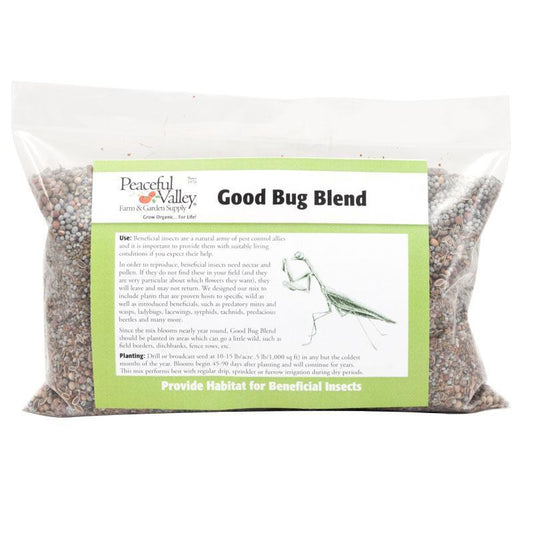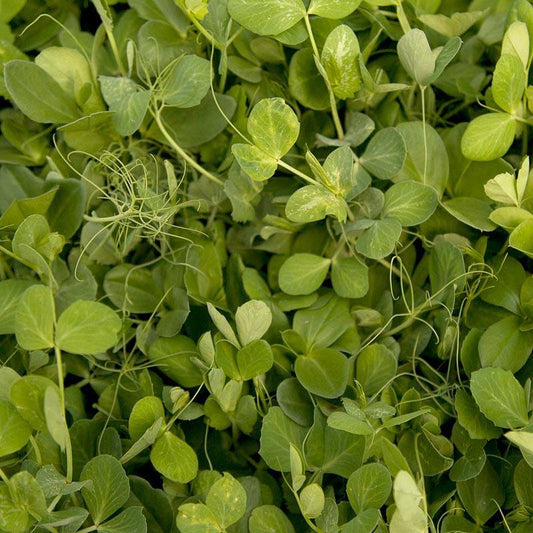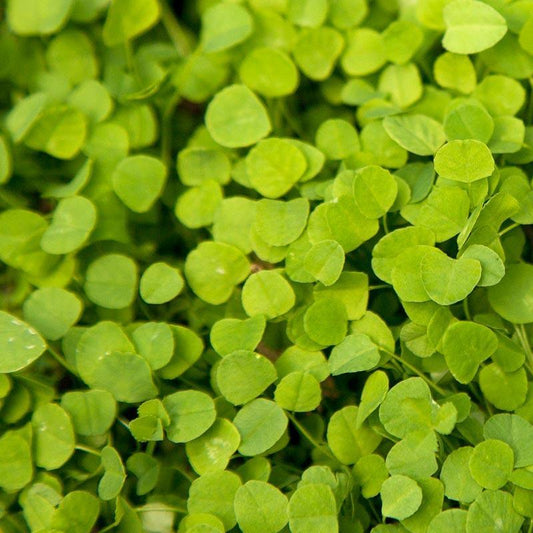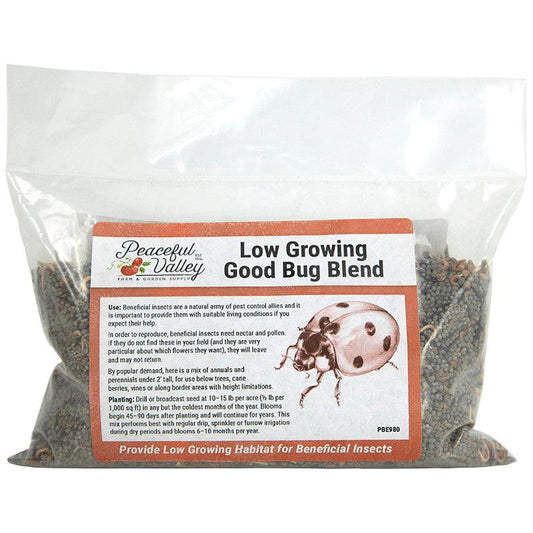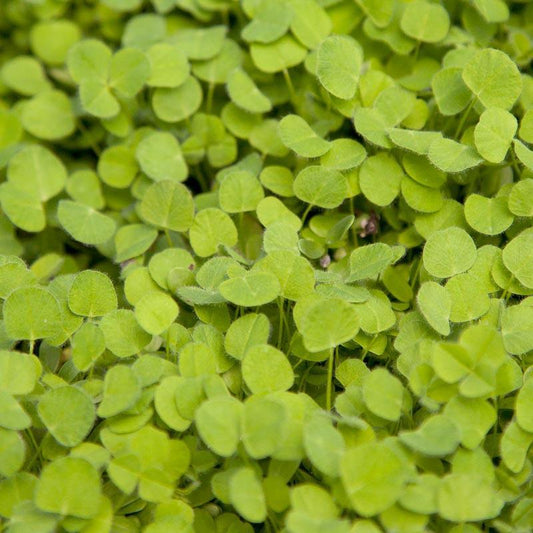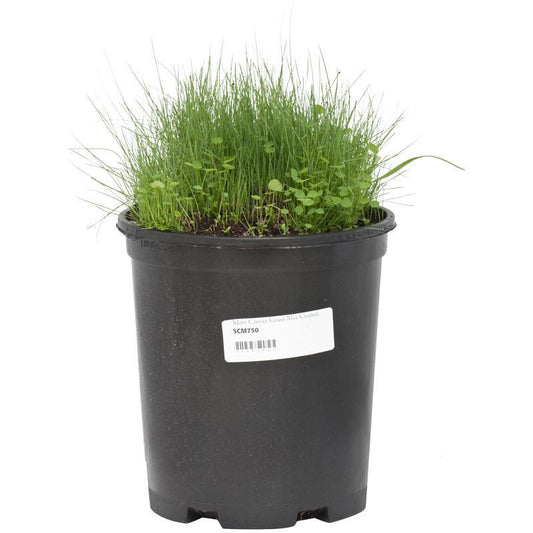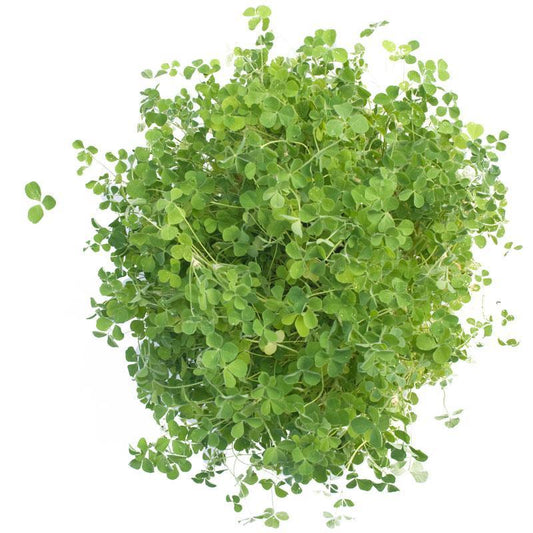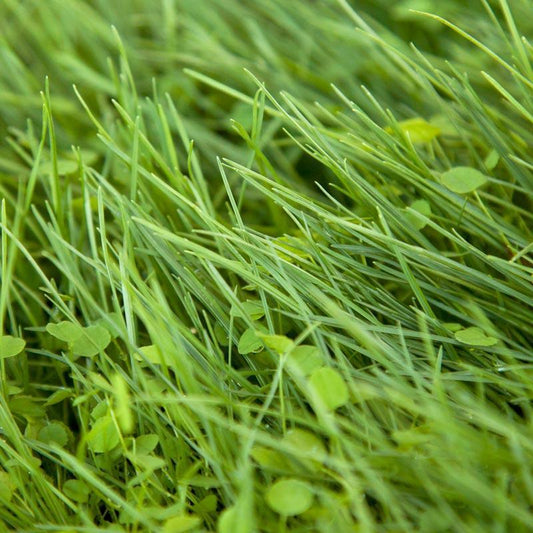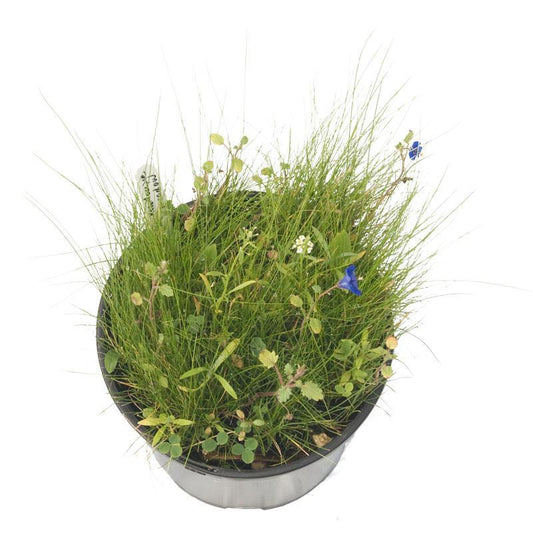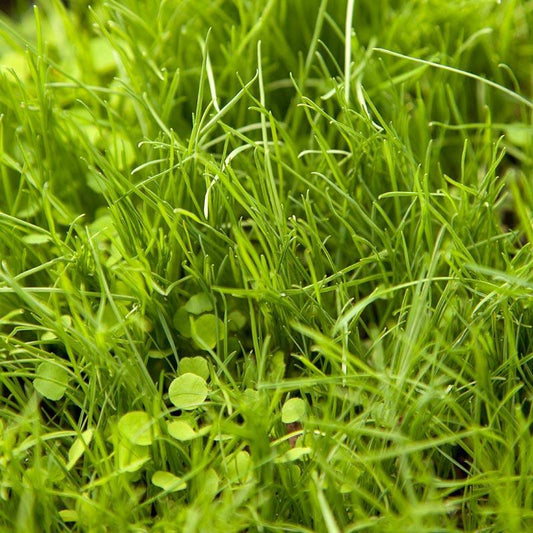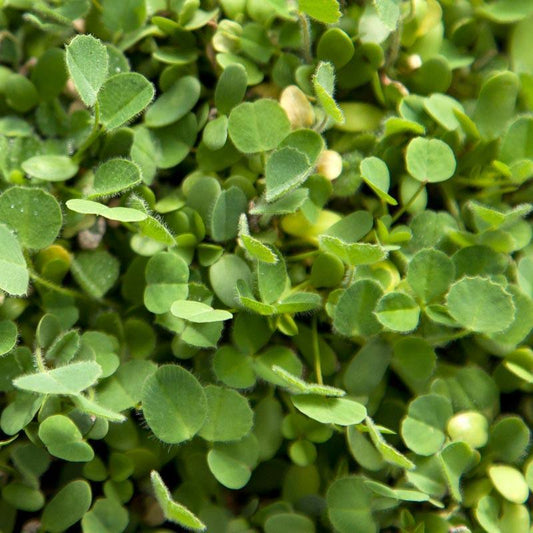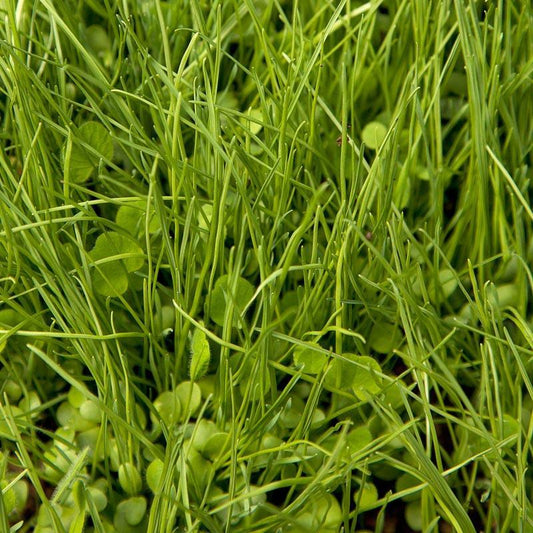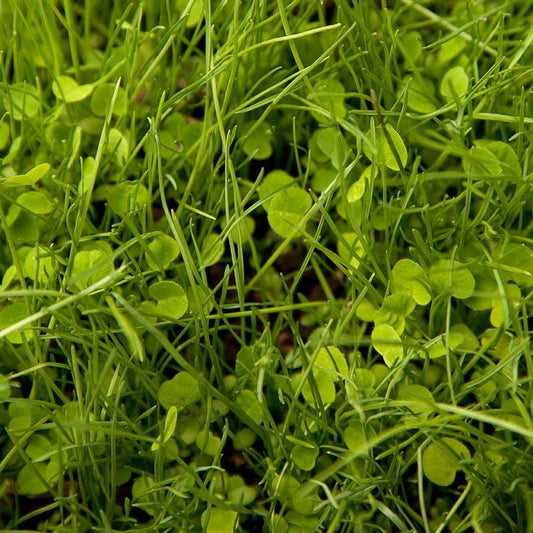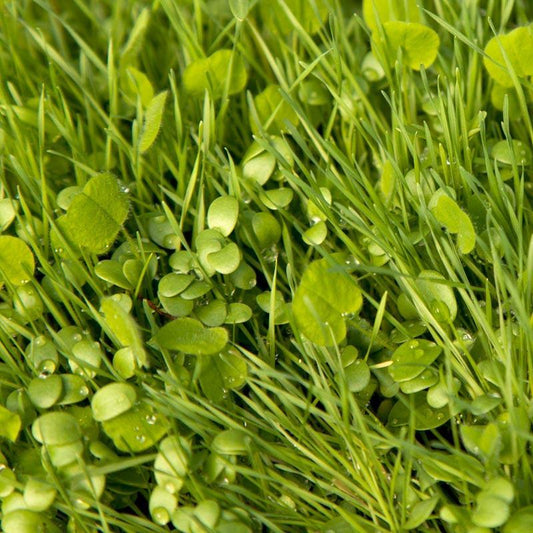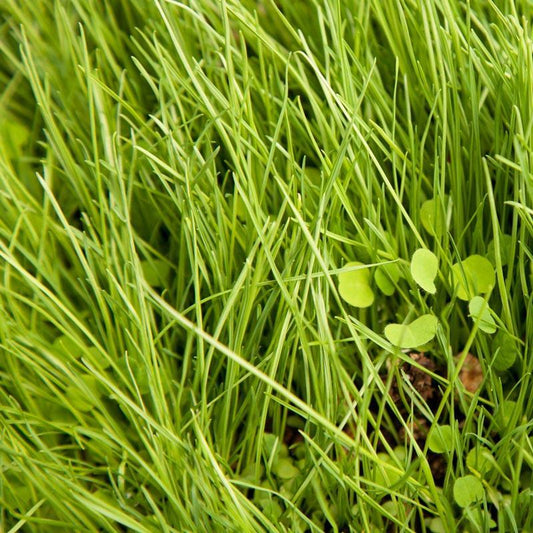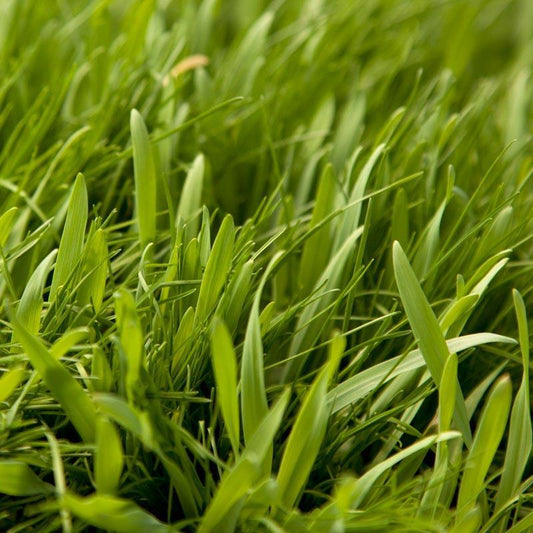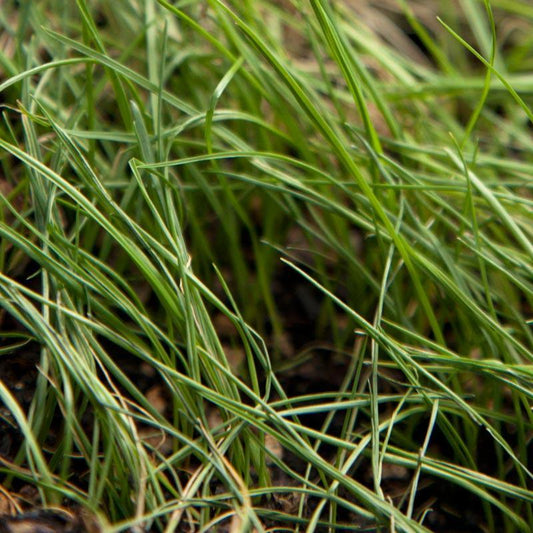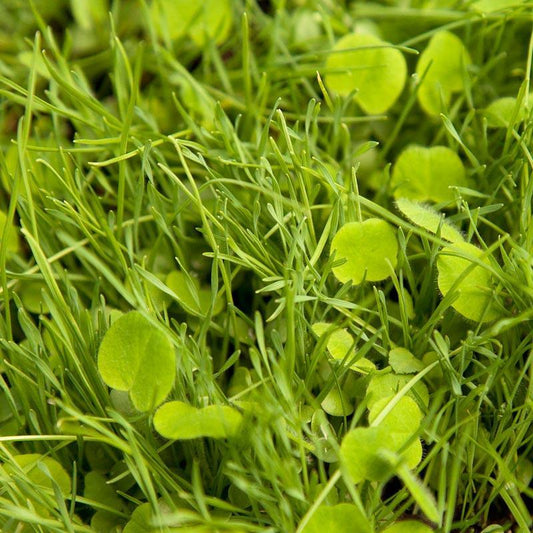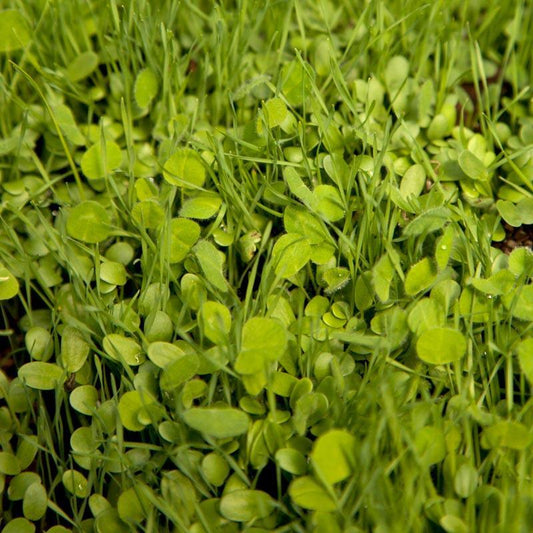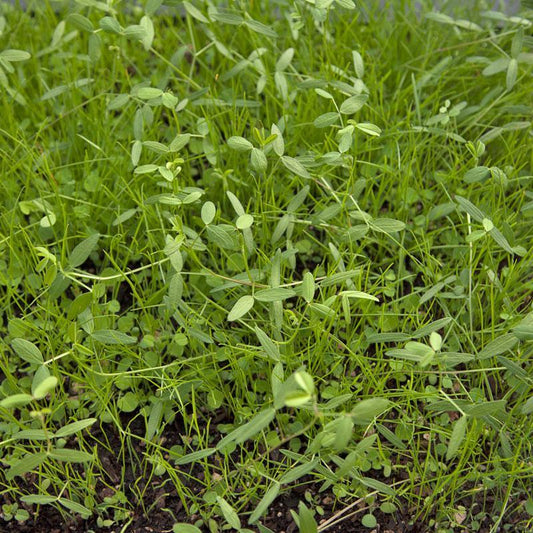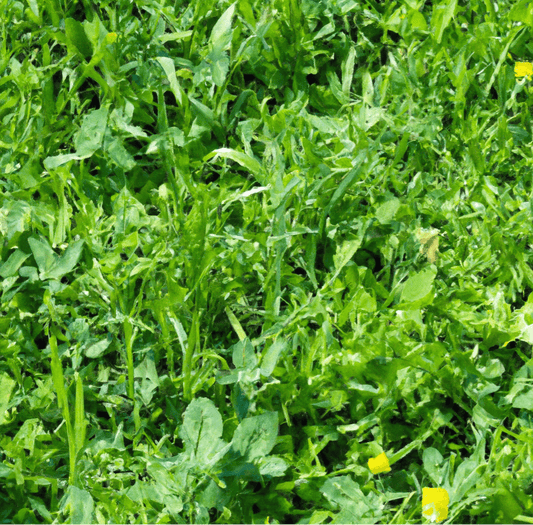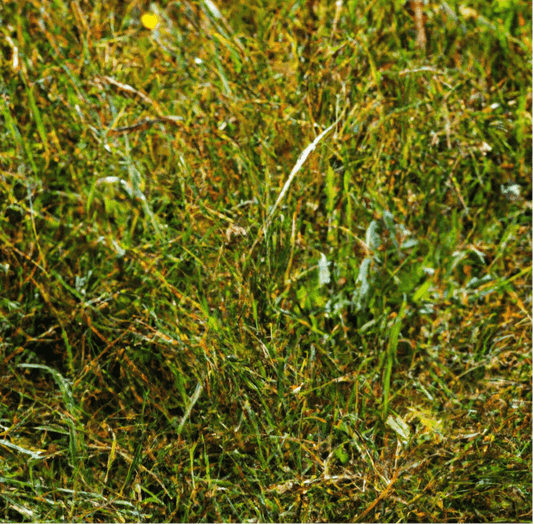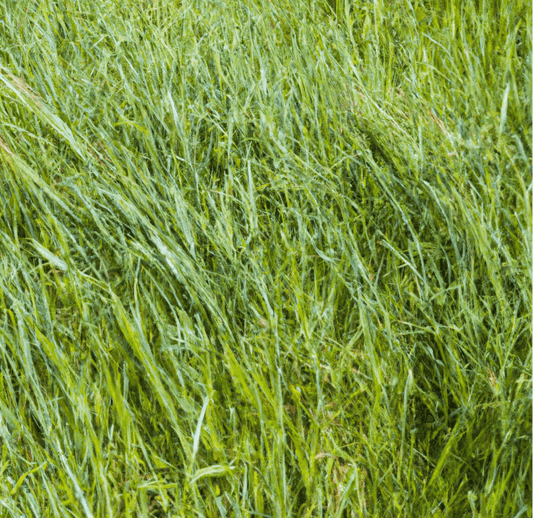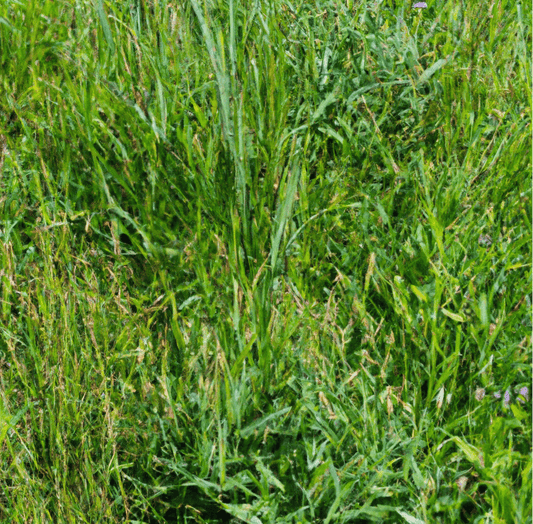
Exploring Cover Crop Mixes
Cover crops are a valuable tool in sustainable agriculture, playing a crucial role in soil health, weed suppression, and nutrient management. One of the key decisions in implementing cover crops is selecting the right mix for your specific needs. We will delve into the world of cover crop mixes, their benefits, and how to choose the best mix for your unique situation.
Understanding Cover Crop Mixes
Cover crop mixes are combinations of different plant species that are sown together in a single planting. These blends are carefully crafted to provide a range of benefits to the soil and your overall farming system. They consist of various grasses, legumes, and other plants that work together to address specific agricultural challenges.
Diverse Plant Selection
One of the primary advantages of using cover crop mixes is the diversity of plant species they offer. Each species contributes distinct benefits to your soil. For example, legumes like clover or vetch fix nitrogen from the atmosphere into the soil, improving its fertility. Grasses, on the other hand, provide excellent ground cover, reducing soil erosion and suppressing weeds. By combining multiple species, you can harness the strengths of each to create a more resilient and productive agricultural ecosystem.
Benefits of Cover Crop Mixes
-
Improved Soil Health: Cover crop mixes enhance soil health by increasing organic matter content, promoting microbial activity, and preventing soil erosion. This results in improved water retention and nutrient availability for your crops.
-
Weed Suppression: Dense cover crop mixes can outcompete weeds for sunlight, water, and nutrients. This natural weed suppression reduces the need for herbicides and manual weeding, saving you time and money.
-
Nitrogen Fixation: Many cover crop mixes include legumes that fix atmospheric nitrogen into the soil. This reduces the need for synthetic nitrogen fertilizers, which can be expensive and environmentally harmful.
-
Pest Management: Some cover crop species can act as trap crops, attracting pests away from your cash crops. Additionally, they provide habitat for beneficial insects that can help control pest populations.
-
Drought Resistance: Deep-rooted cover crop species can access water and nutrients from deeper soil layers, making them more resilient during periods of drought or water scarcity.
Choosing the Right Mix
Selecting the right cover crop mix depends on your specific goals and the characteristics of your farming system. Here are some factors to consider:
-
Crop Rotation: Plan your cover crop mix based on the crops you intend to grow in subsequent seasons. Some cover crops are better suited for specific crop rotations, improving soil health and nutrient cycling.
-
Climate and Soil Type: Consider your local climate and soil conditions when choosing cover crop mixes. Some species are better adapted to particular regions and soil types.
-
Pest and Disease Management: If you have specific pest or disease challenges, select cover crops that can help mitigate these issues by disrupting pest life cycles or suppressing disease vectors.
-
Nutrient Requirements: Assess your soil's nutrient needs and choose cover crops to address deficiencies or excesses in specific nutrients.
-
Erosion Control: If erosion is a concern, opt for cover crop mixes that include deep-rooted species to stabilize the soil.
-
Wildlife Habitat: Cover crop mixes can also be chosen to support local wildlife, such as pollinators or ground-nesting birds, contributing to overall biodiversity.
Cover crop mixes are a versatile and effective tool in sustainable agriculture. By carefully selecting the right mix for your needs, you can improve soil health, reduce pest pressure, and enhance overall farm productivity while minimizing the environmental impact. Understanding the benefits of diverse plant selection and considering various factors when choosing your mix will help you make informed decisions for a healthier, more sustainable farming system.
Use the solution chart for cover crops to determine which of our cover crop seeds suits your needs. Mix it up! Our cover crop seed mixes have been composed to provide the ideal solution across any number of scenarios.


